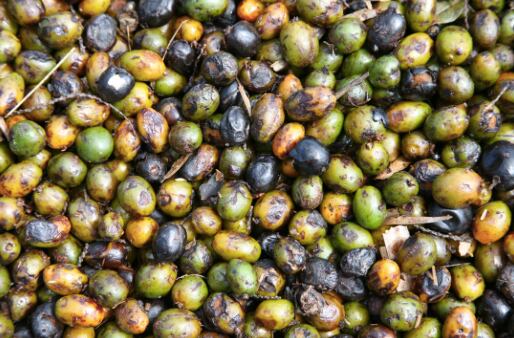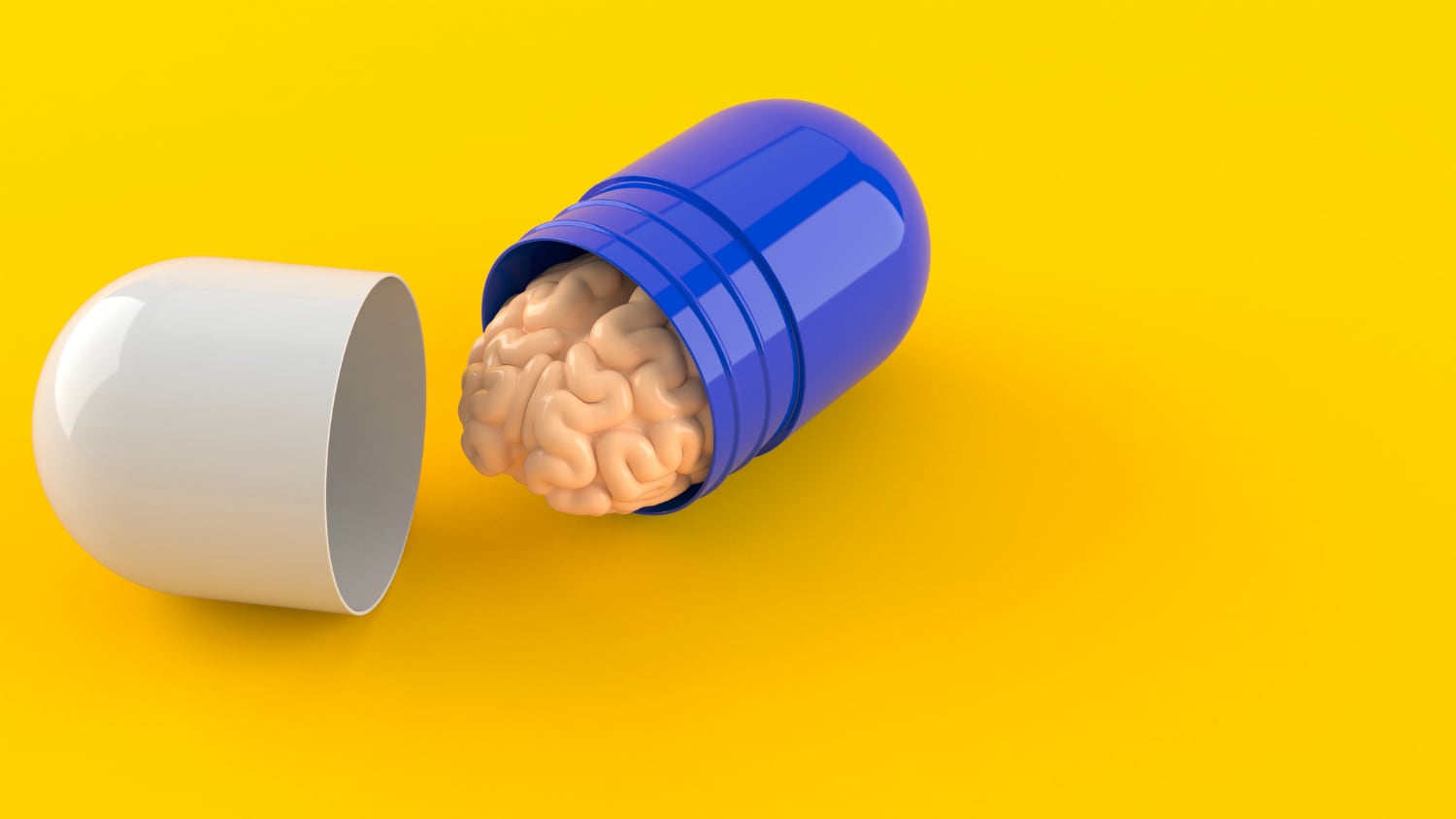The firm, a part of Dutch ingredients MNC IMCD, recently published scientific research on the different adulteration techniques when it came to ginkgo biloba leaf extracts. These included the newest and most sophisticated method, which involves compounds from another plant species, Sophora japonica.
The study entailed a comprehensive independent analytical screen of 22 finished products from Australia, New Zealand and Europe. The results showed that of seven Aussie and Kiwi products, two contained adulterated ginkgo leaf extracts. Among the 15 European products, however, 14 contained adulterated extracts.
The main contaminant was genistein, an isoflavone present naturally in Sophora japonica. While some literature indicates that genistein may also occur naturally in ginkgo leaf, it tends to be found only in trace amounts.
Gorman told NutraIngredients-Asia: "If the ginkgo leaf is harvested during a sub-optimal period and its chemical characteristics are not appropriate, you may see very small amounts of genistein. But in the samples we tested, we found much higher levels of genistein than you would expect to naturally occur in ginkgo leaf.
"In some of the samples, we found that as much as nearly 10% of the extract’s composition came from genistein, which effectively made it a major component of the raw material.
"We also looked at six other compounds that occur only in Sophora japonica and not in ginkgo leaf, and found that six of the 15 samples contained an array of those other compounds (besides genistein), so we can be absolutely certain those products had had Sophora japonica added to them."
Safety and duty
While there may not be any safety issues from ingesting genistein, the main concern the industry has is the potential for fraud.
Genistein in ginkgo leaf extract may well be naturally occurring, considering the international popularity of ginkgo biloba — high demand may lead to year-round harvesting, with some suppliers harvesting it at the wrong time just to keep the supply chain flowing.
Suppliers and manufacturers, however, have "a duty of care" to determine the source of genistein in ginkgo leaf extract, Gorman said, and Network Nutrition's proprietary testing method provides a way to "determine the source unequivocally".
"The stance you have to take when you see any adulteration in any product is that risk can't be ruled out. If you're dealing with a supply chain that is intentionally contaminating a product in order to produce a material that looks like the real thing, there's definitely a potential for risk. You wouldn't know what you're dealing with, or what the next contaminant could be."
He added that contaminants that could not be tested for were the riskiest, and suppliers, manufacturers and brands alike must be vigilant in order to ensure supply chain security and integrity — especially for a popular herb like ginkgo biloba — so as not to mislead the consumer.
Changes and challenges
Network Nutrition has developed similar adulteration detection techniques for popular ingredients such as ginseng and bilberry, with one in the works for grapeseed.
But there remain challenges that technological advancements alone cannot solve.
Gorman said: "When we share our findings on adulteration with the brands involved, we see one of two reactions: sometimes, there's a genuine desire to clean their backyard and get things right, and (in such cases) the adulteration issue was probably an unwitting mistake.
"The other reaction is to deny any wrongdoing, and then fine-tune their adulteration techniques. Unfortunately, these techniques are so sophisticated that the current methods of detection can't pick them up.
"We do assure these brands we are not out to start a smear campaign — I think it's only fair to give them an opportunity to try to resolve the issues they have with adulteration."
He added, however, that one of the brands Network Nutrition had contacted relayed the information to its supplier, who later assured the brand the issue had been fixed. The firm then offered to test the supposedly improved formulation, but did not receive a sample from the brand.
Gorman and his team decided to wait for the updated formulation to hit the shelves to purchase a sample, which was manufactured after the date the issue had purportedly been resolved.
"We then found out there was still adulteration, but a different type — almost a regressive form, in fact. Those very old adulteration techniques had actually made the product free of genistein.
"We presumed that what had happened was they had focused solely on the criterion that the product had to be genistein-free, so instead of delivering an authentic product that was also genistein-free, they moved to a different type of adulteration that didn’t include genistein."
Pricing and policy
Network Nutrition's most recent round of testing revealed a correlation between regulation levels and the frequency of adulteration in ginkgo leaf extract.
Gorman revealed that in the 14 adulterated European products, there were different types of adulteration — some reasonably crude, some far more sophisticated, and some a combination of different adulteration techniques.
In contrast, only two of the seven Australian and Kiwi products were found to have been contaminated.
He attributed this to the considerably higher degree of testing and regulation in the Australian and New Zealand markets than in Europe, saying more extensive regulation was necessary to level the playing field.
Strong demand and competition have led many in the industry to compromise on quality so they can compete on price, resulting in a 'race to the bottom'.
"For the most part, I think people want to do the right thing. But when you're faced with competition and your product is double the price of your competitors', no one would want to buy it.
"It's really a race to the bottom, where everyone is trying to undercut one another and such practices start to prevail."
Gorman further emphasised the need for stricter, more detailed regulation in the industry, saying, "Change needs to be driven by regulation, either by the local regulator or a recognised literature source, like the US Pharmacopeia.
"I've been in the herbal extracts business for 20 years, and I've noticed that in such situations, the industry doesn't lift its standards by choice. It has to be more stick than carrot — that way, you can raise the bar for the whole industry."



